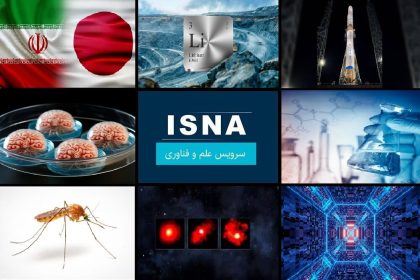Through extensive research, scientists at the Massachusetts Institute of Technology (MIT) have found an innovative way to produce green hydrogen that has great potential to revolutionize the energy industry. In this method, recycled aluminum from soda cans and seawater are used as raw materials, and surprisingly, adding coffee grounds to the process significantly increases the rate of hydrogen production.
Although aluminum is known as an abundant and reactive metal with water, the presence of an oxide layer on its surface prevents aluminum from reacting directly with water and producing hydrogen. In previous methods, expensive alloys were used to remove this oxide layer, which increased the cost of hydrogen production.
MIT scientists accidentally discovered that adding coffee grounds to the reaction mixture significantly increased the rate of hydrogen production. Close examination showed that the active ingredient in coffee, called imidazole, was able to penetrate the aluminum oxide layer and remove it without damaging the expensive alloy.
The advantages of the new method include cost reduction. Using coffee grounds as a substitute for expensive alloys significantly reduces the cost of hydrogen production. Also, adding coffee grounds to the reaction mixture increases the rate of hydrogen production and improves the efficiency of the process. Using recycled aluminum and sea water as raw materials makes this method a sustainable hydrogen production method. The new discovery of MIT scientists is an important step towards the development of green hydrogen production technologies. This innovative method can help produce hydrogen as a clean and sustainable fuel on a large scale and thus play an important role in combating climate change.
RCO NEWS















